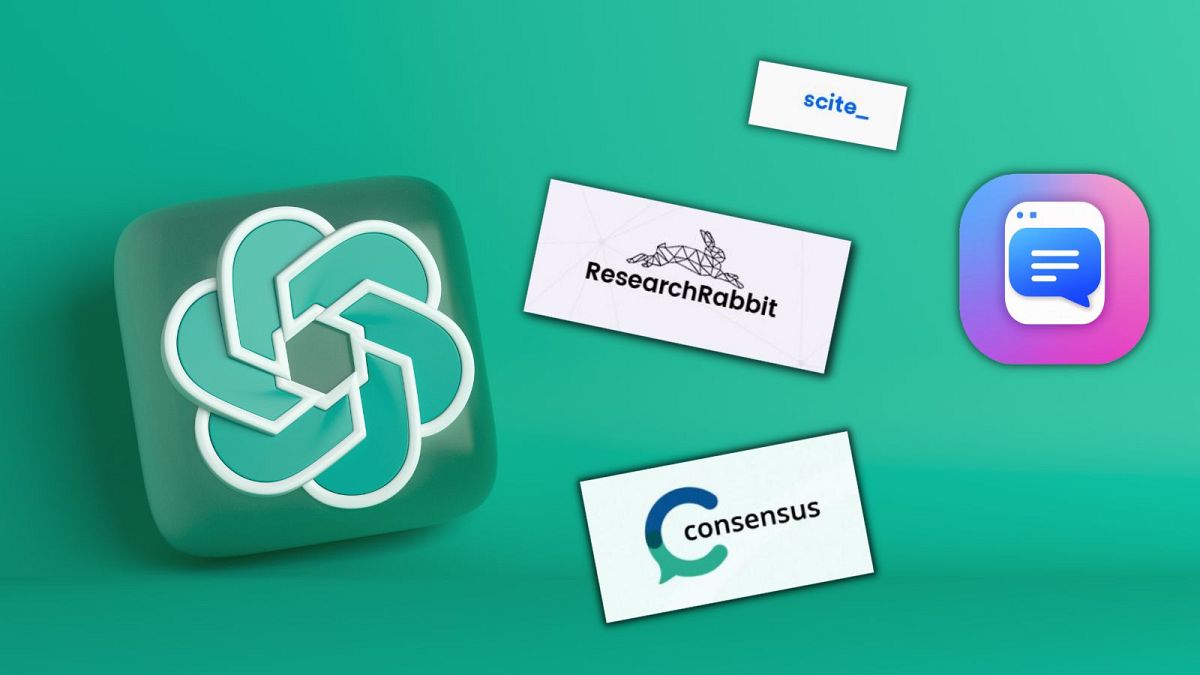The emergence of AI language models like ChatGPT is poised to revolutionize the landscape of academia. Alongside ChatGPT, there exist several other noteworthy tools that warrant attention.
Mushtaq Bilal, a postdoctoral researcher at the University of Southern Denmark, shared insights on the transformative potential of ChatGPT within academic research. Despite this, many academics are yet to harness its capabilities effectively.
The fusion of academia and artificial intelligence (AI) is progressively deepening, with ongoing debates surrounding the adoption or apprehension towards AI advancements.
Within academia, distinct factions have emerged regarding AI integration. While some early adopters champion its benefits, others, including professors, express concerns about its impact on academic integrity.
Bilal aligns himself with the proponents of AI integration, believing that judicious utilization of AI language models can democratize education and expand the horizons of knowledge dissemination.
Despite criticisms highlighting the occasional limitations in accuracy and quality of outputs from language models like ChatGPT, Bilal emphasizes that with a nuanced understanding of these constraints, these models can significantly augment academic endeavors.
Leveraging Incremental Prompting for Structured Content Creation
Bilal advocates for the strategic use of incremental prompting to craft well-structured academic content. This technique, commonly employed in behavioral therapy and special education, involves breaking down complex tasks into manageable steps while providing prompts to guide successful task completion.
By employing incremental prompting, individuals can enhance their confidence levels. In the realm of language models, this approach enables the generation of more sophisticated responses.
In a demonstration on X, Bilal showcased how he effectively utilized ChatGPT to outline a journal article through incremental prompting. By sequentially querying the AI on relevant concepts and authors, he guided the chatbot to formulate a comprehensive article outline efficiently.
This method not only streamlined the content creation process but also exemplified the potential time-saving benefits, with Bilal estimating a significant reduction in labor hours required for drafting the article.
Moreover, Bilal underscores the democratizing influence of incremental prompting in education, emphasizing its role in facilitating intelligent conversations and idea formulation, particularly for individuals devoid of direct access to expert academic guidance.
Bilal’s experimentation extended to prompting ChatGPT to emulate a Stanford professor, yielding impressive results upon validation by a real-life Stanford professor.
While ChatGPT stands out among AI-powered tools for academic writing, a curated selection of alternative software, recommended by Bilal, caters to diverse academic needs and preferences.
AI-Powered Tools for Academic Advancement:
-
Consensus: Described as the offspring of ChatGPT and Google Scholar, Consensus functions as an AI-driven search engine that provides consensus-based answers to Yes/No questions, drawing from academic research.
-
Elicit: Positioned as an AI research assistant, Elicit specializes in research-based knowledge delivery, offering intelligent conversations and aiding in information extraction from relevant papers.
-
Scite: Distinguished for its citation accuracy, Scite supplies real citations from published papers in response to queries, enhancing workflow efficiency and fact-checking processes.
-
Research Rabbit: Marketed as a research acceleration tool, Research Rabbit facilitates research aggregation and visualization, offering tailored paper recommendations and scholarly network insights.
-
ChatPDF: Tailored for reading and analyzing research papers, ChatPDF streamlines the comprehension and interrogation of academic articles, akin to ChatGPT’s functionality.
The Future of Research: AI’s Promising Trajectory
Bill Gates, in a recent blog post titled ‘The Age of AI Has Begun,’ underscores the pivotal role of AI in reshaping education and learning paradigms. Anticipating a transformative shift driven by AI-driven software within the next decade, Gates envisions a revolutionary impact on teaching and learning methodologies.










